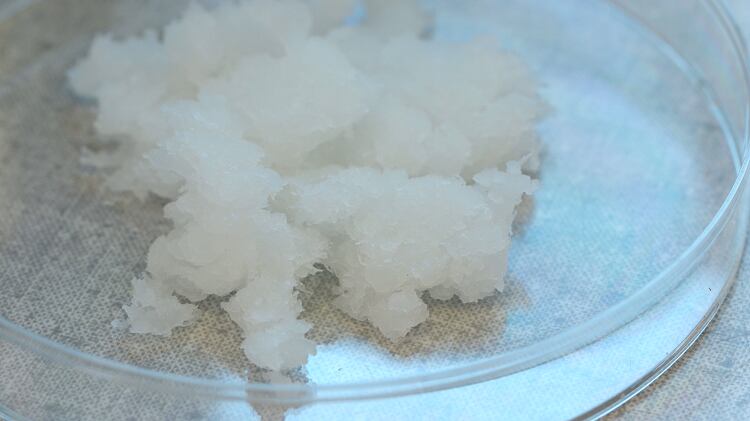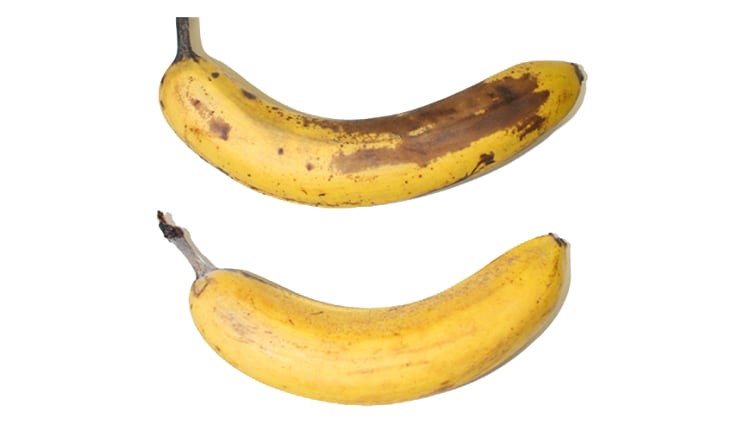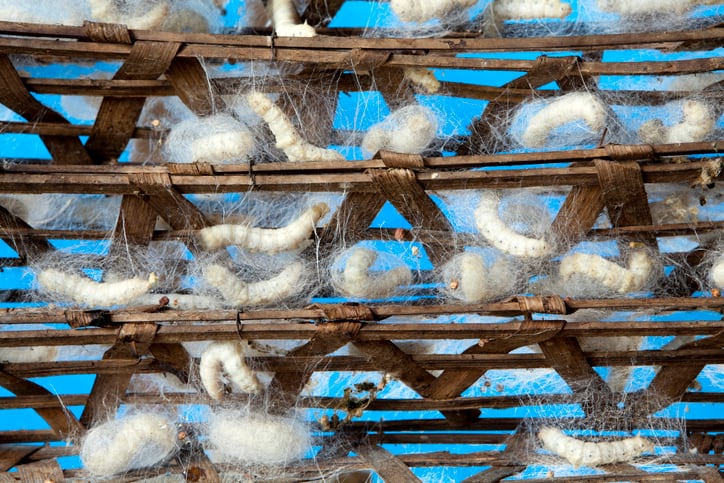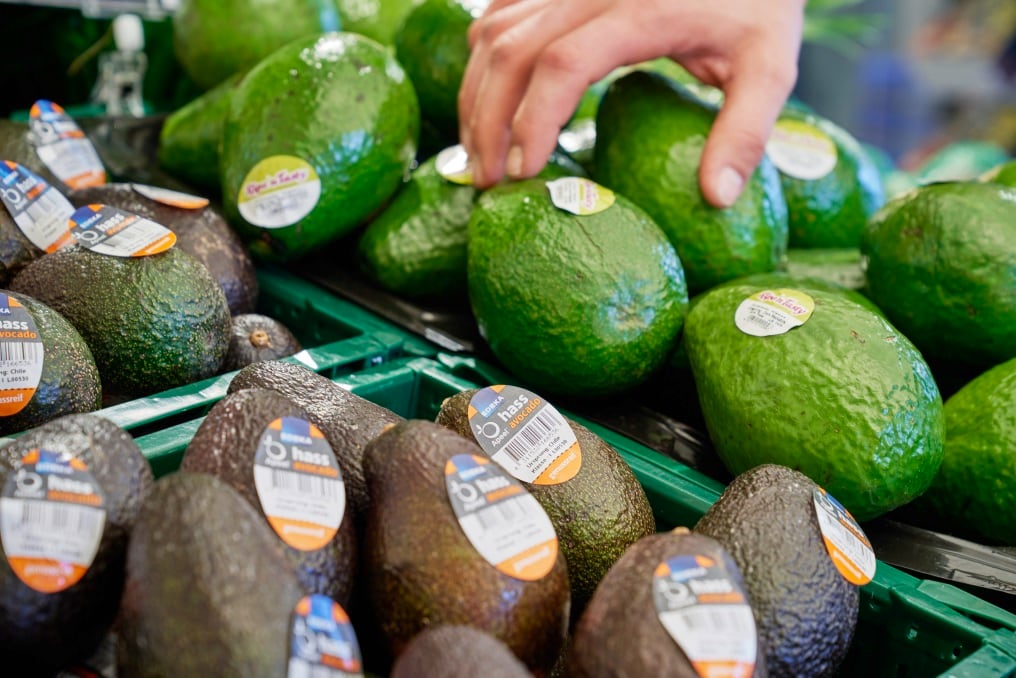Lidl Switzerland has joined forces with research institute Empa to co-develop a cellulose protective coating for fruit and vegetables.
Around 88m tonnes of food waste are generated in the EU every year, with associated costs estimated at €143bn. At the same time, food waste has a massive environmental impact, accounting for an estimated 8-10% of global greenhouse gas emissions.
Combatting food waste is front of mind for businesses looking to improve their sustainability credentials. In retail, fresh produce is a pain point. While plastic packaging in grocery stores protects fruit and vegetables from spoilage, it also creates a significant amount of waste.
A collaborative project coordinated by retailer Lidl Switzerland and the Swiss Federal Laboratories for Materials Science and Technology (Empa) is focusing on replacing plastic packaging for fruit and veg with a protective coating made from, well, fruit and veg.
Protecting produce with pomace
Researchers at Empa’s Cellulose & Woods Materials laboratory spent over 12 months developing a protective cellulose coating to protect fruit and vegetables in-store while extending shelf-life.
The novel coating is made from so-called pomace – the solid residue left over after extracting juice from fruit, vegetables, or plants. In this way, the project is working to reduce food waste.

“Previously, this plant leftover was disposed of in biogas plants or directly on the field; in the future, it will be used to create a protective coating for fresh fruit,” explained Empa.
“The coating is either sprayed onto the fruit or applied to the produce as a dip and is easy to wash off. As it is harmless to the consumer, it can also be consumed without harm. The potential of cellulose coatings is by no means exploited yet; there is the possibility of adding additives such as vitamins or antioxidants.”
Cucumbers and bananas coated in carrot
To date, the researchers have predominantly worked with carrot residues, but the research institute told FoodNavigator it is also looking at other sources of cellulose, for instance would-be waste leftover from apple juice production.
The partnership is currently collaborating with a local vegetable producer to develop the cellulose-based coating, but it is also in contact with juice processors and other potential partners that can residue raw materials Empa and Lidl could consider for upcycling.
The formulation has been tested on cucumbers and bananas, but Empa will ‘continue to evaluate’ the coating on other fruits and vegetables.
“We do not believe that we can replace all plastic packaging since, for instance in some cases, it may be difficult to obtain a homogenous coating on the specific fruit or vegetable,” Dr Gustav Nyström, head of the laboratory for cellulose and wood materials at Empa told this publication.
“What exceptions these will be is, however, too soon to say are requires further studies.”
Planning for a 150-store rollout
The cellulose layer developed at Empa will be tested and further improved over the next two years in collaboration with Lidl Switzerland and a fruit and vegetable supplier. The aim is for the novel coating to be used across all 150 Lidl stores across Switzerland.
“Depending on how we commercialise and license this technology, it may however also be available for other industries in the future,” said Dr Nyström.
Concerning the safety of the product, the researcher told this publication he does not anticipate any allergen concerns, adding: “We will need to do a careful chemical analysis of the formulation from each cellulose source that we will consider for final application.”




